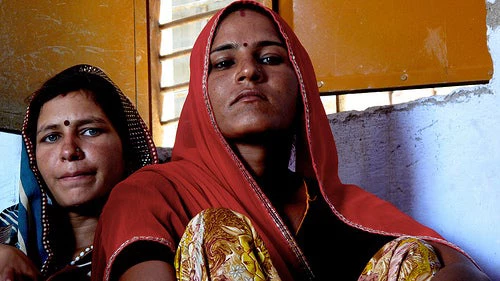As regulators from across the developing world prepare to gather at the Alliance for Financial Inclusion’s annual Global Policy Forum which will be held in Capetown on 26-28 September, may I offer some thoughts on where we are at in the excellent financial inclusion journey and what is required to take it forward.
Financial inclusion by halves
Half the world is unbanked. In developing countries, half 
Too much financial education
Surely that’s because a majority of poor and informal people who are offered an account don’t understand how they can benefit from the account. Before we send the financial education corps in, hear them out. People budget and discipline themselves by separating money into distinct categories and savings vehicles. Expecting them to regroup all that value and dump it into a single account goes against the grain of the financial education they have received from their parents and grand-parents. And having to spread their meager savings across multiple single-purpose accounts is too complex for them. They don’t need re-education, what they need is easy-to-use services that accommodate and extend how they think about money and organize their future outlays.
Half the job of money
If savings aren’t a good hook, what about payments? That’s become the standard bet behind mobile money. It works for remote payments where cash performs dismally, but it’s a whole different story to get people to pay for goods at the local store electronically when what they have is cash. We need mobile money to fulfill the two standard functions of money: storage of value and means of payment. You can have a great store of value that is a lousy means of payment (some might think cow), but I can’t see a lousy store of value that is a great means of payment. The two functions are in fact inseparable. If you want daily in-store payments to go mobile, you need to find ways to fatten those mobile accounts.
We need innovation, I’m afraid
So what’s the way forward? We don’t have the recipe but it surely involves listening to customers and trying out new things. I’ve proposed recasting shorter-term savings as a set of future payments to oneself – if you have income today, you might send it to yourself to next Friday because that’s when you have to pay your child’s school fees. Maybe that’s right, or maybe not. The point is that we need innovation and we need disruption. Regulators need to be particularly careful to not entrench the status quo, and to not make assumptions about who will do what, how, because none of us know. Innovation begins by opening up the field (think e-money issuer licenses), it is fostered by rolling back regulations that are no longer necessary with today’s technology (think cashing in/out at retail shops), and it is fueled by taking bold steps that address major barriers (think paperless account opening with deferred know-your-customer procedures on small accounts).
Silence at the top
I’m quite impressed at how regulators in many countries have taken the cause of financial inclusion to heart. But it feels to me it’s more the result of personal than institutional agendas. This makes it hard to align support inside and across regulatory agencies (not everyone will be equally concerned) and to sustain the efforts over time (as administrations change). The institutional agenda at the working level is driven by the stuff that gets discussed in Basle and Washington. While regulators don’t hear it from the Basle Committees and from the IMF, they might have a commitment to financial inclusion but not a real responsibility. But we don’t hear a peep from these organizations on it, and while that’s the case selling financial inclusion visions to central bankers will be an uphill struggle. The guardians of world finance need to tell us that they care about anyone other than the half of the half of the half who have significant amounts of money stored in their bank account.


Join the Conversation